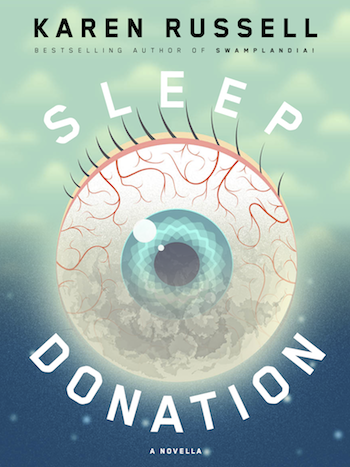Amel Guettatfi and Julia Steers won this year's George Polk Award for Television Reporting for “Inside Wagner,” their Vice News investigation of Russian mercenaries on the Ukraine front and in the Central African Republic.
“One of the best takeaways I got from seven or eight years at Vice is that it’s not enough for something to be important when you’re figuring out how to make a story. It’s the intersection of important and interesting. And that has taught me that people will watch anything, anywhere, as long as it’s interesting. Nobody owes us their time. The onus is on us to explain things in an interesting, compelling way. I’m hoping that a landscape opens up somewhere else that sees that and understands that can be done anywhere in the world.”
This is the first in a week-long series of conversations with winners of this year’s George Polk Awards in Journalism.












